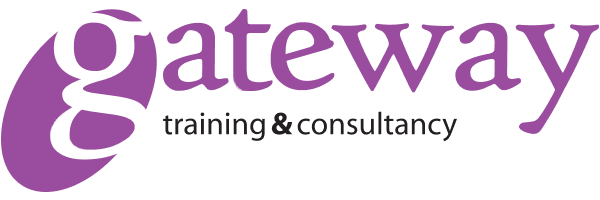Course Aims
-
Understanding of the nutritional requirements of individuals and how to support people with potentially damaging nutritional behaviours.
-
Understanding of the different presentations of eating disorders and their associated symptoms.
-
Evidence based models of treatment suitable for the treatment of eating disturbance. How and when
to utilise these models in treatment.
-
How to adapt these approaches to eating recovery
-
How to design treatment plans to support young people with a diagnosis of an eating disorder
-
How to monitor responses to treatment.
-
Nasogastric insertion, care and feeding
Course Content
The Three Days will cover;
DAY 1
Introduction & course aims/objectives (20 minutes)
Duration: 19.5 hours over 3 days
Accreditation: CPD 18
Costs for in-house courses
Face to face Maximum 12 - £4000
History of Eating Disorders
-
How anorexia and bulimia arrived at a diagnosis
-
The influence of the Minnesota experiment (50 minutes)
Influencing factors (45 minutes)
-
Genetic and physiological
-
Impact of trauma and stress – adverse life experiences
-
Social, cultural, family
-
Control issues, mood regulation
-
Learned behaviour around food and nutrition
An Introduction to Eating Disorders (45 minutes)
Signs, Symptoms, Statistics
Diagnosis
What is Anorexia Nervosa, Bulimia, Binge Eating Disorder, Atypical Eating Disorder? (exercise 45 minutes)Possible triggers and maintenance factors of Eating Disorders (45 minutes)
-
-
Societal pressures
-
Body image
-
Media and social networking
-
Recap attachment relationships
STAFF SKILL REQUIREMENT (30 minutes)
-
Communication do’s and don’ts
-
Awareness of expectations (little or no positive reinforcement forthcoming)
-
Risk management and supportive observations and patient engagement (exercise 30 minutes)
-
Ability to use supervision and reflective practice
DAY 2
RECAP (15 minutes)
ADMISSION PROCESS (60 minutes)
-
Family/carer involvement
-
Risk assessment
-
Legal framework
Consent to Treatment (45 minutes)
-
Mental capacity issues
-
Assessment of lack of capacity
-
Parental responsibility and Gillick competence as appropriate
-
Informal and formal admission
-
Advanced statements
-
Understanding transition processes
ASSESSMENT of EATING DISORDERS (60 minutes)
Experiential content, the preparation of a personal eating lifeline.
-
Purpose of assessment
-
An eating lifeline (history taking)
-
Diagnosis
-
Assessing motivation and building rapport
-
Building provisional treatment plans
-
Eating disorder assessment scales
-
The effects of starving and blood sugars and impact on mental health
CARE PLANNING (90 minutes)
Management and Therapeutic Interventions
-
risk assessment, physical examination and associated action
-
management of re-feeding
-
management of compensatory behaviours associated with an eating disorder in a paediatric setting
-
Targets for therapy: rigidity, perfectionism, and the anorexic mind-set
-
Family issues and the role of family therapy
-
Crisis management
-
Managing relapse
DAY 3
RECAP (15 minutes)Eating plans – restoring regular eating and recovery
Nasogastric Tube feeding (including inserting a tube safely, care and feeding) NG tube feeding practical (exercise 90 minutes)Observed mealtimes
Role play supporting in a dining room or after a meal (to give an idea of some of the challenges in a real- time visual way) (exercise 90 minutes)
Addressing mental health issues Addressing oral and dental health problems
An Introduction to healthy nutrition (20 minutes)
The Importance of a healthy well-balanced diet
-
Definitions of a “healthy diet” for young people
-
The UK Food Agency recommendations
-
The importance of a balanced diet
-
Input from Dietician
-
Weight charting and input/output charts
-
Encouraging clients with good nutrition
The Importance of Holistic Support (90 minutes)
-
Person-Centred Support Planning (including meal plans and daily routines)
-
Building Self Esteem
-
Body Image Work
-
Wellness Techniques including new coping skills around emotional management, communication,
trust and boundaries, creative activities, mindfulness, self-expression
-
Motivation Assessment Tools
-
Discharge planning
NICE Guidelines
-
Appropriate psychological therapies: CBT, DBT, CAT, Psychotherapy etc.) Positive Behaviour Support approaches
Family-based Interventions
Nutritional Counselling
Evaluation of learning (30 minutes)
The Course references:
Medical Emergencies in Eating Disorders Guidance on recognition and management; CR233, May 2022
NICE Guidelines on Eating Disorders:
Core Interventions in the treatment and management of anorexia nervosa, bulimia nervosa, and related eating disorders - Quality standard [QS175] Published date: September 2018
The course is very practical to enable practitioners to have the skills to work with people who have an Eating Disorder. The course format includes presentation, case studies and role play

